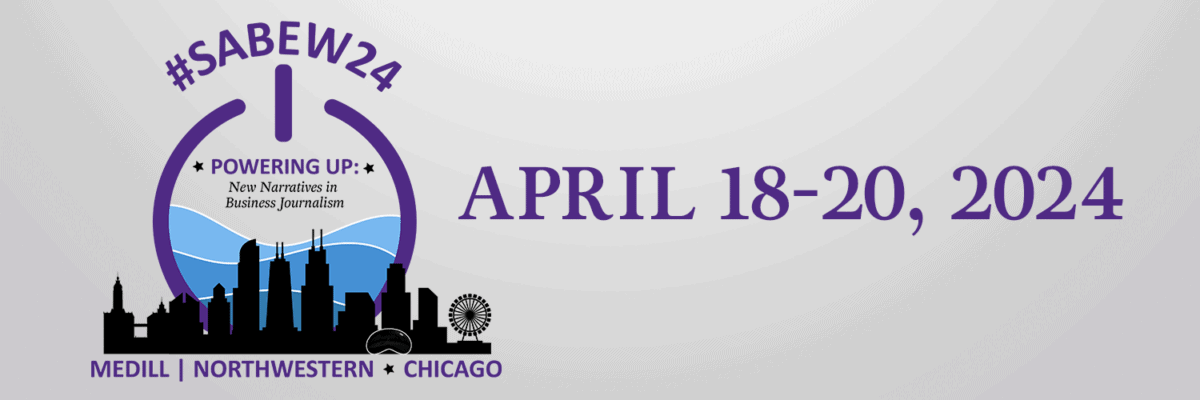By Cole Schnell
If you are anything like me, you stress about all your purchases, whether it’s food, shoes or college tuition. But you are in college, you are investing in your future; that means a return on your investment. Let’s use what we learned in Economics to understand all this.
The median college student is expected to make 1.95 times more than their high school graduate counterpart in the first ten years of their career, according to the Federal Reserve Bank.
So, consider this, it’s ten years down the road and you are making nearly twice as much as you would if you didn’t attend college. Are those Hot Fries that you really wanted last Friday going to make a difference? Perhaps, but probably not.
As we accumulate wealth, we value a dollar — or two dollars, the price of Hot Fries — less. But this is irrational behavior. If we continue to enjoy eating Hot Fries at the same rate, our two dollars would provide us with the same utility now or at ten years in the future. The rational consumer would try to spread out their utility across their lifespan, by dividing your lifetime expected income evenly throughout your life.
This would allow for a consistent quality of life. This is not often how college is viewed. College students often have a lower quality of life during their education.
If I have zero dollars today but expect to have four dollars and change tomorrow, you should borrow against your future income and spend two dollars today and two dollars tomorrow, with the change to cover interest.
A dollar today is equal to a dollar tomorrow divided by interest plus one, ignoring inflation and the opportunity cost of investing.
Assuming you account for interest, if your expected income tomorrow is greater than your income today, then you should borrow. If your expected income is less than your income tomorrow, then you should invest — tomorrow being some future period.
This may seem crazy, but if you have student loans, you are already doing this. When you take out student loans, you are expecting your future income to be greater than your income today, so you borrow. This is smoothing your lifetime consumption. This is also why people save for retirement or buy insurance.
For most college students, a dollar today is worth more if spent tomorrow because you don’t have to pay interest and are not losing out on the opportunity cost of investing. But tomorrow, if you’re wealthier, you may be able to spend money beyond your needs, reaching a point of diminishing utility.
You will receive less utility from consuming a second bag of Hot Fries than consuming the first one. So, to maximize your utility, you should consume a bag today and one tomorrow, overall receiving a higher utility.
Wait, I said earlier is that college is an investment. But many borrow to pay for it. So, we are not borrowing when our future expected income is higher.
By borrowing and investing, you are doing something even smarter. You are leveraging. Leveraging is when you borrow to invest. Many investors are averse to leveraging, because you may feel that you are taking on more risk because if your investment fails you are worse off than if you didn’t leverage.
This is not necessarily the case. Using the capital asset pricing model, you can receive the highest returns if you leverage in most cases.
The only time when it doesn’t make sense to leverage is when your expected return of investment is less than the interest rate on your loans. This is almost never the case for college. College loans are often subsidized by the government allowing for an interest rate that any investor would love.
The return on college is very high as stated early, and it is stable. These two characteristics are one of the reasons we see an influx of people going back to school during recessions while other investments are doing poorly.
During a time when debt relief is on the agenda, this may seem incorrect, because people are obviously struggling with student loans. But the returns of higher education are much higher than the principal cost of college.
So, often people struggling with student loans are either in one of two camps: they dropout, therefore never received any return of investment or spend more than their future expected income minus debt.
I’m not suggesting that you should start spending wildly in the name of smooth your consumption. We just don’t have enough information about the future to know how to properly spread out our lifetime utility evenly, and like any economic theory, there many assumptions for all this to be true that are not 100 percent reflected in our economy.
I’m just saying consider your future expected income.
Don’t stress as much about your loans and spending — unless you’re a drama major who on average make less than their counterpart who only graduated from high school, according to the Fed.
Eat some Hot Fries and enjoy your life, even if sometimes it costs money — or borrowed money.
Cole Schnell is a senior at the University of Missouri School of Journalism






